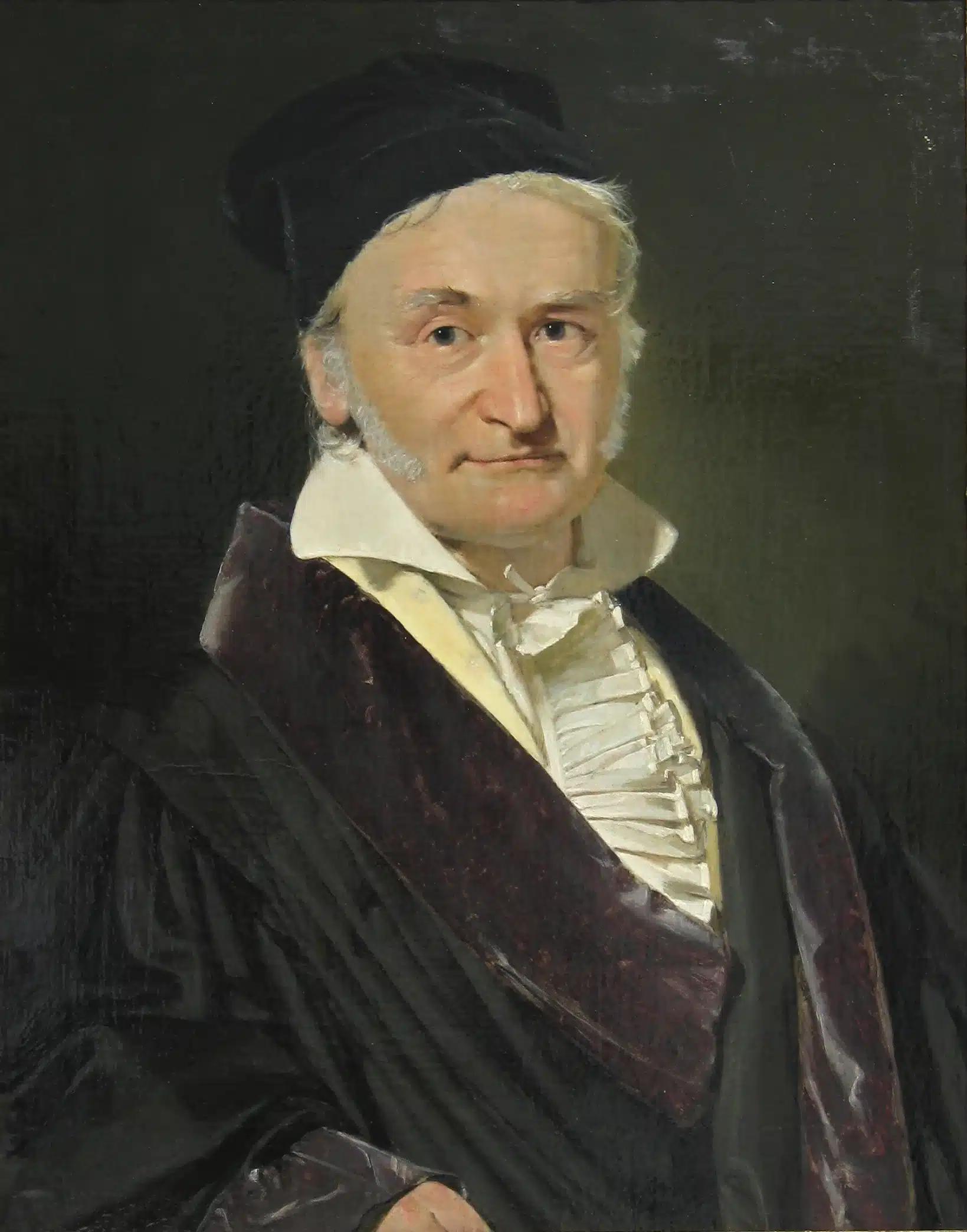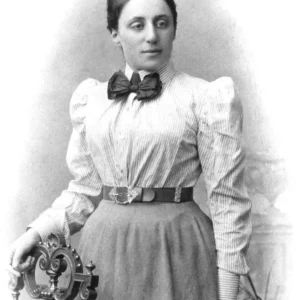Carl Friedrich Gauss, often referred to as the “Prince of Mathematics,” was born on April 30, 1777, in Brunswick, Germany. His prodigious talent and groundbreaking contributions to mathematics and science have cemented his legacy as one of the greatest mathematicians of all time. This article explores his life, achievements, and enduring impact on the world of mathematics and beyond.
Early Life and Education
Birth and Background
Gauss was born to poor parents, but his exceptional intellectual abilities were recognized early on. His father, Gebhard Dietrich Gauss, was a gardener, and his mother, Dorothea Benze, was a homemaker. Despite their modest means, Gauss’s mother was determined to provide him with the best education possible.
Early Prodigy
At the age of seven, Gauss’s mathematical talent was already evident. His teacher, Büttner, noticed his extraordinary abilities when Gauss quickly summed the integers from 1 to 100 by recognizing that the sum of the first and last numbers, the second and second-to-last numbers, and so on, would each be 101. This early display of genius set the stage for his future accomplishments.
Education in Brunswick
Gauss attended the Collegium Carolinum in Brunswick, where he continued to excel in mathematics. During his time there, he independently discovered several important mathematical principles, including Bode’s law, the binomial theorem, and the arithmetic-geometric mean. His teachers and the Duke of Brunswick recognized his potential and provided him with financial support to continue his education.
Contributions to Mathematics
Number Theory
Gauss’s most significant contributions were in the field of number theory. His book “Disquisitiones Arithmeticae,” published in 1801, is considered the first systematic textbook on number theory. In this work, Gauss introduced the concept of congruences and provided proofs for the quadratic reciprocity law and the fundamental theorem of arithmetic.
Fundamental Theorem of Algebra
One of Gauss’s most famous achievements is the proof of the fundamental theorem of algebra, which states that every non-constant polynomial equation has at least one complex root. Gauss provided the first complete proof of this theorem, which had eluded mathematicians for centuries.
Contributions to Geometry
Gauss also made significant contributions to geometry, including the development of the Gaussian curvature, a measure of the intrinsic curvature of a surface. His work laid the foundation for the field of differential geometry and influenced later mathematicians such as Bernhard Riemann.
Method of Least Squares
In the field of statistics, Gauss developed the method of least squares, a technique used to minimize the differences between observed and predicted values in data analysis. This method is widely used in regression analysis and has applications in various scientific disciplines.
Contributions to Science and Engineering
Astronomy
Gauss’s work extended beyond pure mathematics to practical applications in astronomy. He played a crucial role in the rediscovery of the dwarf planet Ceres. Using his method of least squares, Gauss accurately predicted Ceres’ position, leading to its rediscovery in 1801.
Geodesy and Magnetism
Gauss also made significant contributions to geodesy, the science of measuring and understanding Earth’s geometric shape, orientation in space, and gravity field. He developed the heliotrope, an instrument used for measuring distances, and made important discoveries in the field of magnetism.
Engineering and Innovation
Gauss’s innovative spirit extended to engineering as well. He designed the first electric telegraph and made contributions to the development of the Gaussian distribution, a fundamental concept in probability theory and statistics.
Personal Life and Legacy
Personal Life
Gauss was known for his meticulous nature and dedication to his work. He married twice, first to Johanna Osthoff and later to Minna Waldeck. He had six children, and despite his busy professional life, he remained devoted to his family.
Legacy
Gauss’s legacy is vast and enduring. His work continues to influence modern mathematics, science, and engineering. The Gaussian distribution, the method of least squares, and his contributions to number theory and geometry are just a few examples of his lasting impact.
Honors and Recognition
Throughout his life, Gauss received numerous honors and awards for his contributions to science and mathematics. He was awarded the Copley Medal by the Royal Society of London in 1838 and was elected a member of many prestigious scientific societies.
Conclusion
Carl Friedrich Gauss’s extraordinary intellect and prolific contributions have earned him the title of “Prince of Mathematics.” His work in number theory, geometry, statistics, and astronomy has left an indelible mark on the world of science and mathematics. As we continue to build on his legacy, Gauss’s influence remains a testament to the power of human curiosity and the pursuit of knowledge.



